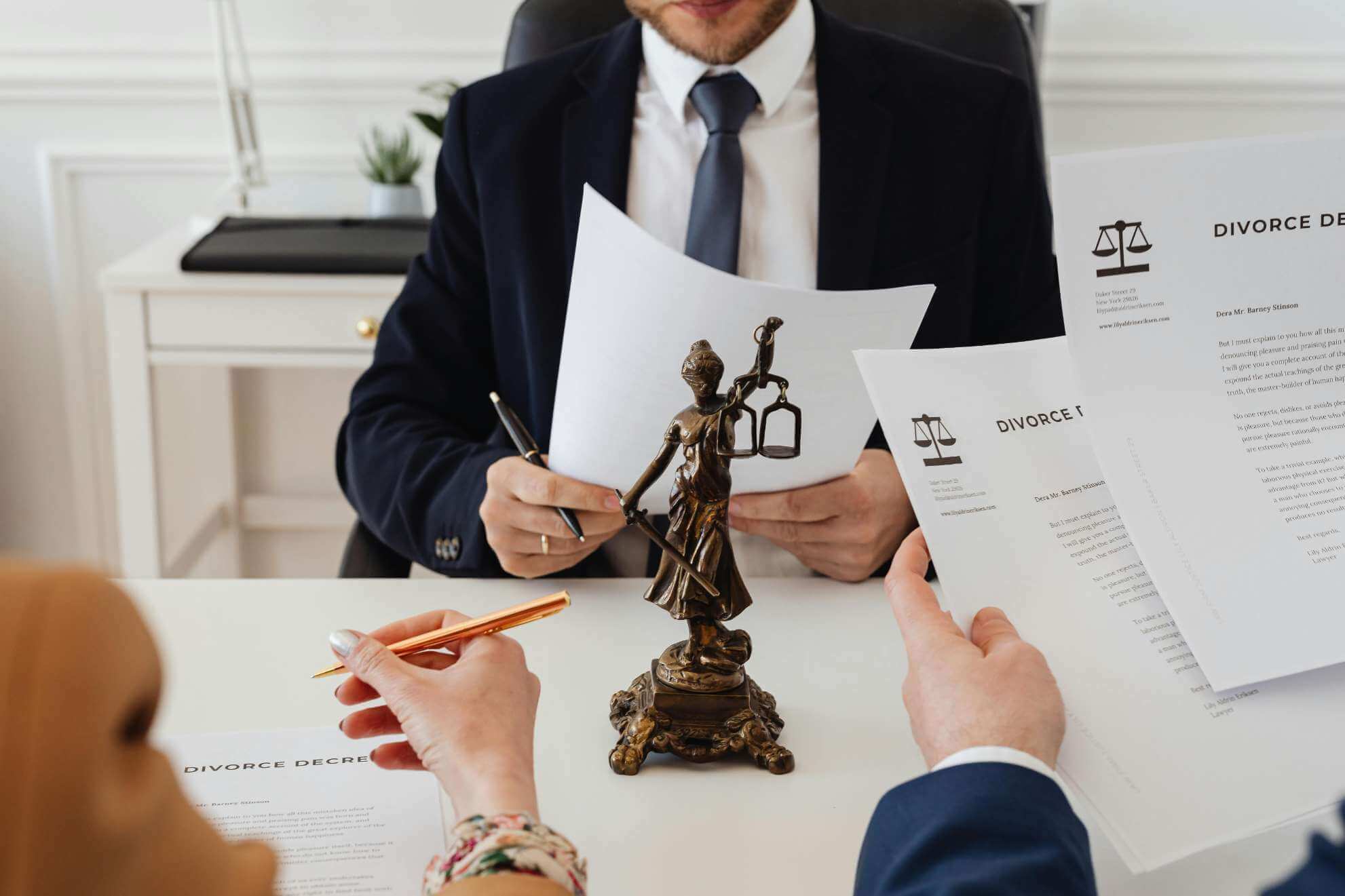The Importance of Legal Help in Protecting Your Rights and Interests
In a society governed by laws, having access to legal help is not just a luxury but a necessity. Whether you're an individual facing a personal legal issue or a business dealing with complex legal matters, legal help is crucial for protecting your rights and interests. Without proper legal representation, you could find yourself at a disadvantage, losing out on what you're rightfully entitled to. Let's explore why legal help is so important.
For individuals, legal help can be a lifesaver in many situations. For example, if you're wrongly accused of a crime, a criminal defense attorney can fight for your innocence and ensure that your rights are protected throughout the legal process. In a personal injury case, an attorney can help you recover damages for your injuries, medical expenses, and lost wages. They can also negotiate with insurance companies on your behalf to get you a fair settlement.

In the case of family law matters, legal help is essential for ensuring a fair outcome. Whether it's a divorce, child custody, or alimony issue, an attorney can guide you through the complex legal procedures and advocate for your best interests. They can help you understand your rights and obligations under the law and work towards a solution that is beneficial for you and your family.
For businesses, legal help is equally important. From drafting contracts to dealing with employment disputes and regulatory compliance issues, attorneys play a vital role in protecting the business's interests. They can help ensure that contracts are legally binding and enforceable, protect the company's intellectual property, and defend the business against legal claims. Without legal help, businesses could face significant financial losses and reputational damage.
In conclusion, legal help is an integral part of our legal system. It protects our rights and interests, whether we're individuals or businesses. By seeking the right legal help when needed, we can ensure that we're treated fairly under the law and that our legitimate claims are recognized and enforced.